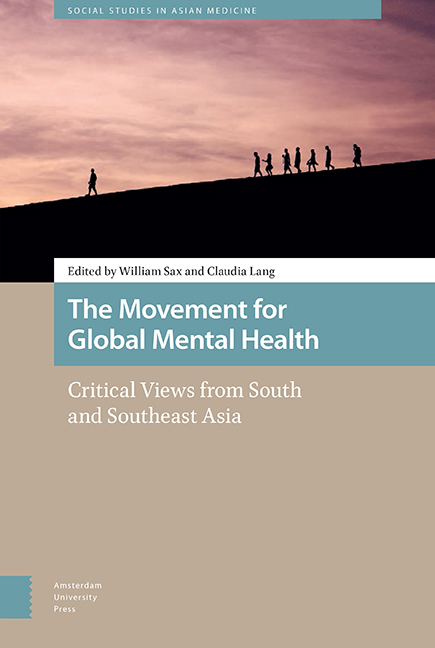6 - Psychedelic Therapy: Diplomatic Re-compositions of Life/Non-life, the Living and the Dead
Published online by Cambridge University Press: 27 May 2021
Summary
Abstract
This chapter, which is an ethnography of a psychosomatic department in a German hospital, functions as a foil to the rest of the volume. It allows us to ask the following: Why is the movement for global mental health preoccupied with the Global South? Why does mental health in the Global South primarily revolve around the psycho-pharmaceutical, while psychosomatic medicine, which in the German context is a separate discipline divorced from psychiatry, is normatively built on eschewing psycho-pharmaceuticals? Why is mental health in the Global South built on the distinction between superstition (past lives, trance, possession – in short, ‘rituals’ invoking the spirits and the dead) and science (psychiatry, rational diagnosis, asylums, drugs), while in Germany the two are often fused?
Keywords: animism, family-constellation, global mental health, psychiatry, psychosomatic
Introduction
This chapter is an ethnography of a psychosomatic department in a German Hospital (Klinik), where past-life aetiologies are invoked and addressed through art, body work, breathwork, exotic music, trance, and collective psychotherapeutic journeys that meld the past and the present, the living and the dead, East and West. This is played out against a large mountain park (Bergpark) and a Thermalbad (spa) on either side of the Klinik, each of which sport Greek, Roman, and Anglo-Chinese motifs in their architecture and landscape. Together, these function as a formal and para-formal therapeutic resource for patients, who may draw energy through divination techniques from spots in the park, or do aqua gymnastics with their ailing bodies in the Therme. This ensemble is enabled by the therapists, some of whom traverse these several worlds literally and figuratively by interning with Brazilian shamans and Hindu gurus, and fusing them with New Age psychotherapies from California invented by Germans, along with an initial training in Protestant theology.
This psychedelic and “panpsychic world” (Jonas 1982; Goff 2019), paid for by mandatory German health insurance, is the perfect foil to the “movement for global mental health” (MGMH), whose claim to being global is belied by its preoccupation with the Global South. This preoccupation is predicated on the notion of a “treatment gap” because of rudimentary and inadequate mental health facilities and personnel in the Lower and Middle Income Countries (LMICs).
- Type
- Chapter
- Information
- The Movement for Global Mental HealthCritical Views from South and Southeast Asia, pp. 165 - 210Publisher: Amsterdam University PressPrint publication year: 2021



